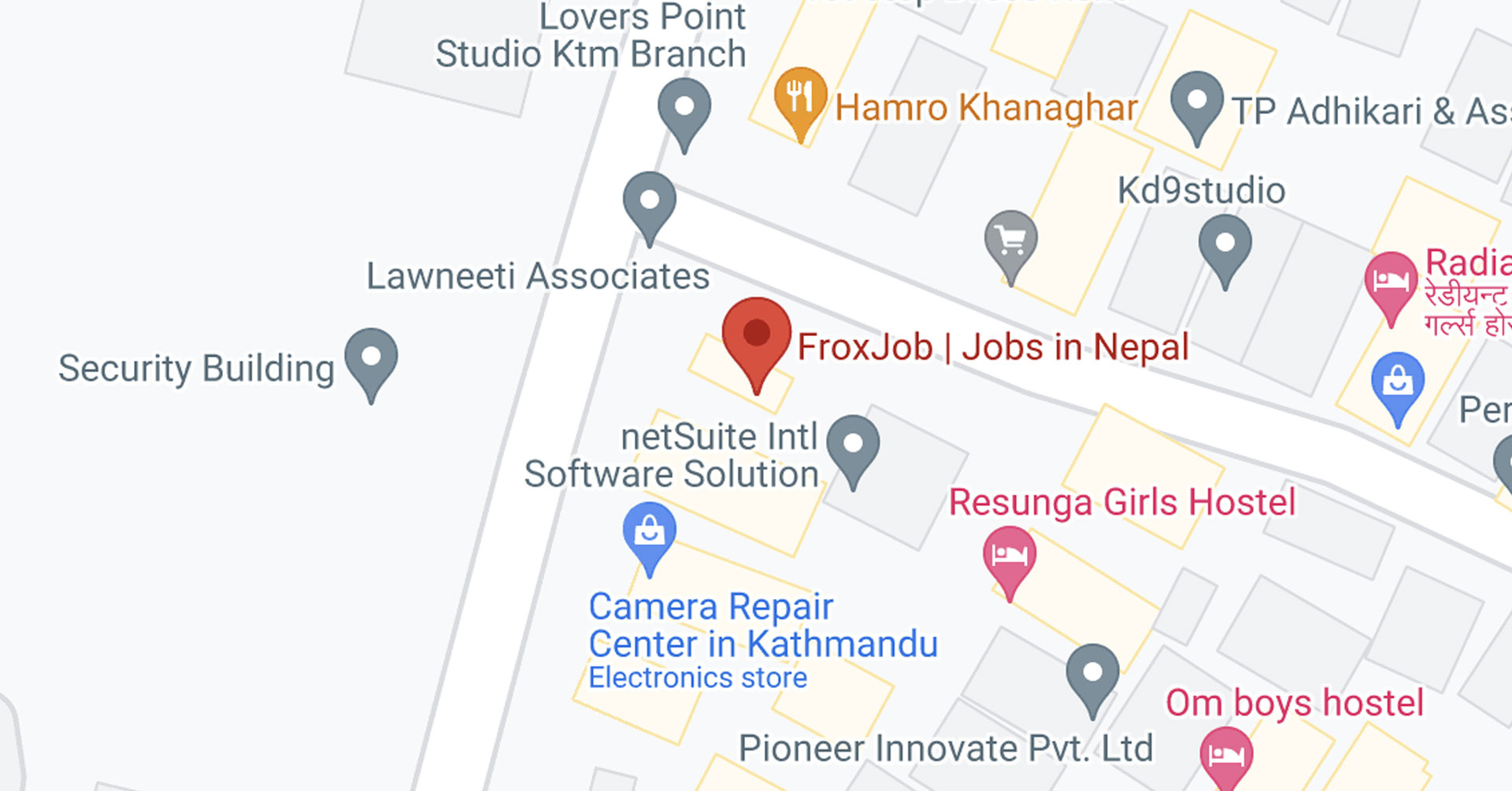The Importance of Cultural Fit in Hiring the Right Talent in Nepal

The Importance of Cultural Fit in Hiring the Right Talent in Nepal
Hiring decisions have a direct impact on an organization’s growth, stability, and reputation. In Nepal, where workplaces blend traditional values with modern business practices, cultural fit has become just as important as technical skills when selecting the right talent. Companies that recognize and prioritize cultural alignment are more likely to build cohesive teams, reduce turnover, and achieve long-term success.
Understanding Cultural Fit in the Nepali Context
Cultural fit goes beyond shared interests. It means that an employee’s personal values, behavior, and work ethic align with the organization’s principles and working environment. In Nepal, workplaces often balance respect for hierarchy with collaboration, and combine cultural traditions with a growing need for innovation. Employees who thrive in such settings understand the importance of:
- Respecting hierarchy while promoting teamwork
- Valuing collective goals over individual recognition
- Adapting to diverse workplace traditions and practices
- Balancing traditional values with modern work expectations
When cultural fit is considered alongside technical ability, organizations can avoid mismatches that might lead to dissatisfaction or conflict.
Why Cultural Fit Matters in Hiring Decisions
1. Improved Employee Retention
High turnover is costly for any business. Employees who feel disconnected from a company’s culture often leave within a short time. In Nepal, where opportunities for growth are increasingly competitive, hiring for cultural fit reduces attrition by ensuring employees feel they belong.
2. Stronger Team Cohesion
Workplaces in Nepal often involve close collaboration. Employees who share cultural values with their colleagues build trust more quickly, which leads to stronger cooperation and fewer conflicts.
3. Higher Productivity
When employees align with the organization’s culture, they adapt faster to systems and processes. This allows them to focus on performance instead of struggling with cultural mismatches.
4. Better Employer Branding
Organizations that value cultural alignment project an attractive image to job seekers. In Nepal, where word-of-mouth reputation plays a major role, a company known for nurturing cultural fit is more likely to attract high-quality candidates.
The Role of Cultural Fit in Nepal’s Job Market
Nepal’s workforce is diverse, including individuals from various regions, ethnic groups, and educational backgrounds. Employers often face the challenge of creating a workplace where these differences harmonize rather than clash. Hiring for cultural fit provides an effective solution by ensuring that employees not only meet technical expectations but also blend seamlessly with the company’s identity.
For example:
- Development organizations emphasize inclusivity and community-oriented values.
- Corporate businesses often prioritize professionalism, discipline, and innovation.
- Startups look for adaptability, creativity, and risk-taking mindsets.
Each of these environments demands employees who can align with the organization’s specific cultural identity.
How to Assess Cultural Fit in Hiring
1. Define Organizational Culture Clearly
Employers must first establish their organizational values. Whether it is collaboration, customer-first service, or innovation, these values need to be clearly communicated internally and externally.
2. Incorporate Behavioral Interviews
Traditional interviews focus on technical ability. To assess cultural fit, behavioral interview questions help employers understand how candidates react in real-life situations.
Example questions:
- “Tell us about a time you had to adjust to a team with very different working styles.”
- “How do you handle situations where organizational values conflict with personal beliefs?”
3. Use Psychometric Assessments
Psychometric tools can provide insights into a candidate’s personality, work style, and values. These assessments help identify whether an individual is likely to adapt well to the workplace culture.
4. Encourage Team Interaction During Selection
Allowing potential employees to interact with existing team members can reveal how well they connect socially and professionally. This step is especially relevant in Nepali workplaces where group harmony is highly valued.
Balancing Cultural Fit with Diversity
While cultural fit is essential, organizations must avoid using it as an excuse to create a homogenous workforce. Diversity in backgrounds, perspectives, and experiences brings innovation and problem-solving abilities. The key is to balance cultural alignment with diverse thinking, ensuring employees share core values but still contribute unique ideas.
For instance, a company can prioritize teamwork and integrity as cultural requirements while welcoming employees from varied academic, ethnic, and regional backgrounds. This creates an inclusive yet unified environment.
The Risks of Ignoring Cultural Fit in Nepal
Neglecting cultural alignment can lead to several issues:
- High turnover rates due to dissatisfaction
- Workplace conflicts caused by mismatched expectations
- Reduced productivity as employees struggle to adapt
- Damaged reputation in the talent market
In Nepal, where industries are tightly interconnected, such issues can quickly harm an organization’s long-term prospects.
Best Practices for Employers in Nepal
- Communicate organizational culture clearly in job postings to attract candidates who resonate with your values.
- Train hiring managers to recognize cultural alignment during interviews.
- Build onboarding programs that reinforce cultural expectations early in the employee journey.
- Recognize and reward behaviors that reflect company values to strengthen cultural continuity.
- Regularly review and evolve organizational culture to stay relevant in Nepal’s changing job market.
Cultural Fit as a Driver of Organizational Success
In Nepal’s dynamic employment landscape, technical skills alone are no longer enough. Cultural fit is the foundation of strong hiring decisions, shaping retention, productivity, and long-term growth. Companies that take deliberate steps to define, assess, and nurture cultural alignment are more likely to thrive.
The future of hiring in Nepal lies in creating workplaces where employees not only perform but also feel that they truly belong.





